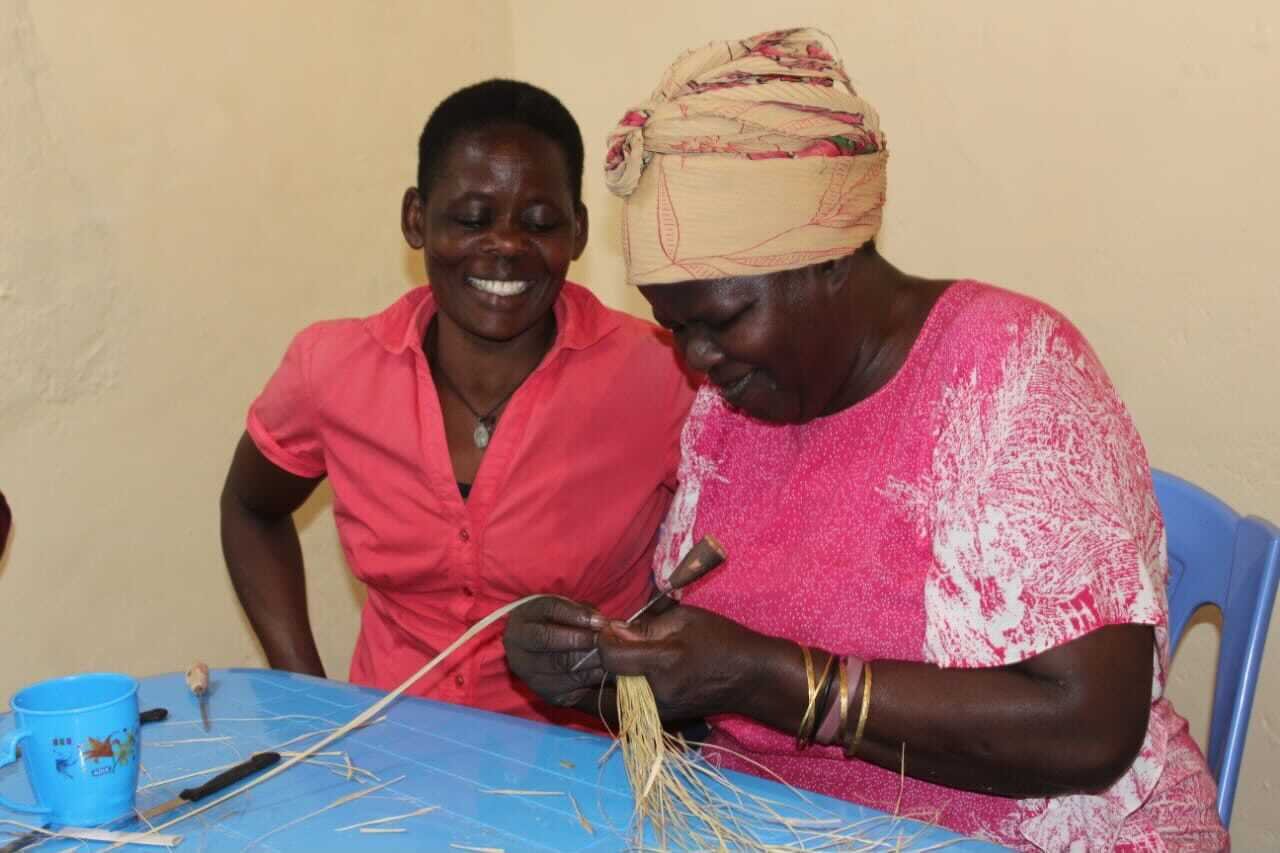IMMERSION TRIPS
“It is not so much the case that God has a mission for his church in the world, as that God has a church for his mission in the world.” – Christopher J.H. Wright
The mission of God is to reconcile to himself all things, whether things on earth or things in heaven. (Colossians 1:20)
Our part is to cross geographic, cultural, politic, economic, and social barriers with the intention of transforming human life in all its dimensions, according to God’s purpose, and to enable human beings to enjoy the abundant life that God wants to give to them and that Jesus Christ came to share with them.
Our Immersion Trips are intentionally focused on mutual transformation. Find yourself as a part of God’s bigger story and the work of the church around the world.
KENYA
Kenya is known as the “Horn of Africa” for its remarkable beauty. It also has a high rate of poverty and one of the youngest and fastest-growing populations in the world.
Population: 51.39 million
59.5% Protestant
23.5% Roman Catholic
11.2% Muslim
5.8% Other
National Capitol: Nairobi
Official Languages: English, Swahili
Currency: Kenyan Shilling
Over 60% of Kenyans live on $1-$2 per day
Religion
Indigenous Beliefs
Although traditional beliefs and practices vary in detail among Kenya's ethnic groups, they share many general characteristics. Almost all involve belief in an eternal, omnipotent creator envisaged as remote from men. The Kikuyu's god is named "Murungu" or (more frequently) "Ngai", a loan-word from Masai. Ngai cannot be seen, but is manifested in the sun, moon, thunder and lighting, stars, rain, the rainbow and in the great fig trees that serve as places of worship and sacrifice. Many indigenous religions also recognize spiritual forces at work in the world that are closer to the living and more involved in their daily affairs. If men and women please the spirits, success is assured; if they incur the spirits' anger, illness or evil may occur. For many indigenous believers, ghosts form a distinct category of ancestral spirits are thought to return to seek revenge on the living. Beliefs in sorcery and witchcraft play important roles in many indigenous belief systems and often persist after conversion to Christianity or Islam even when other elements of traditional religions have faded.
Christianity
Christian missionary activity began in Kenya's hinterland when its interior was opened to rail travel between Mombasa and Uganda at the end of the nineteenth century. Churches were founded in the 1920s and 1930s, especially in areas where Kikuyu, Luo, and Luhya predominated, some of which sought to combine Christian and indigenous beliefs. Most churches tended to be ethnically homogenous since colonial authorities maintained a policy of allocating a mission to a particular territory, though this tendency has changed with increasing communication and mobility.
In Kenya there are also several independent Christian churches that have broken ties with other Christian or Protestant denominations. The largest of these independent churches was the Nomiya Luo Church, whose founder, Johana Owalo, was an early convert to Christianity in 1900. In 1907 he had a vision in which he was taken up into heaven by the angel Gabriel. He saw that Europeans and Asians, and even the popes,were not allowed to enter heaven. Later, he converted to Islam and began to preach that mission churches were in opposition to traditional beliefs. His mix of Christian, Anglican, and traditional practices attracted many followers. In Kenya today there are still many mission churches. Many worldwide religious groups have a strong presence. The number of Kenyan clergy has grown in the past years and most of the Roman Catholic and Church Province of Kenya hierarchies are Kenyan.
Islam
Over half of Kenya's Muslim minority are of Somali origin. The remainder is largely made up of Galla-speaking peoples and the Swahili-speaking community on the coast, which has maintained uninterrupted contact with Muslims from the Arabian peninsula since the fourteenth century. Most Bajun are Muslims, as are some members of the Mijikenda and Pokomo groups.



